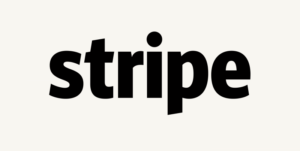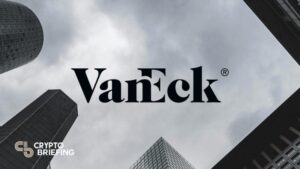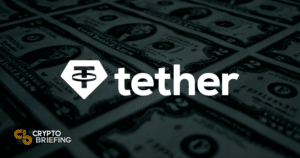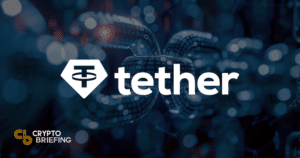What Traditional Organizations Can Learn from Remote Work in Crypto
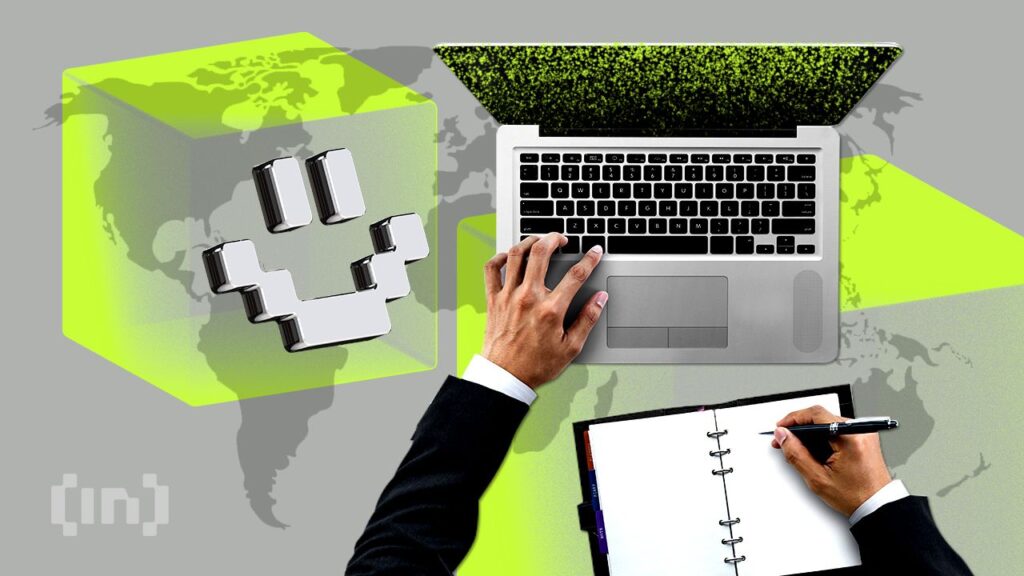
Blockchain's decentralized nature and the flexibility of remote work have proven to be a huge advantage for companies operating in the Web3 and cryptocurrency sectors.
Fully remote companies use the unique benefits of remote work to drive innovation and expand their global presence.
Connecting Web3's ethos to remote work.
Amanda Kelleher, chief executive officer at Consensus, spoke to BeinCrypto about the huge impact of remote work, particularly the access to global talent pools. With more than 800 employees from diverse cultural backgrounds working across six continents, ConsenSys leverages a broad spectrum of perspectives.
This diversity encourages innovative ideas and helps discover new use cases globally. Similarly, the shift to remote work has facilitated the rise of independent workers in the Web3. This model offers flexibility and requires businesses to adopt more collaborative ways of working, representing a fundamental shift towards a balanced co-creative relationship that enriches the workplace experience.
Additionally, traditional salary packages are being supplemented or replaced by digital currencies and token-based rewards. This change aligns with the digital nature of Web3 and increases its appeal to tech-savvy professionals who innovate in payment solutions.
“Web3 is also gradually moving some work-related processes to the blockchain. This includes employment agreements, contracts with service providers, and even authentication of certificates. These processes are becoming more open, secure and easily accessible with decentralized technologies,” Kelleher told BinCrypto. .
Read more: The complete guide to remote work for businesses and employees
This commitment to decentralization is reflected not only in technology but also in organizational structure and culture. For example, ConsenSys holds regular town hall meetings and quarterly Ask Me Anything (AMA) with their leadership. According to Kelleher, these initiatives foster a community environment that is open and inclusive on a personal level.
Likewise, the impact of DAOs (decentralized autonomous organizations) on the workplace cannot be overlooked. DAOs provide insights into how employees prefer to work and get compensated. This model promotes a deeper connection to the workplace through community, communication, purpose and co-creation.
“DAOs can change how people view their work, not just within a company, but where they work with a company. It's an exciting prospect as we're learning that people want to have a deeper connection to their workplace,” Kelleher said.
While the flexibility of remote work fits well with the decentralized nature of blockchain technologies, it also introduces significant risks that require careful management.
Hidden dangers demand your attention
A primary concern of crypto companies is the steep learning curve associated with blockchain and related technologies.
Keleher highlights educational barriers as a major obstacle. She recommends creating learning and development programs to combat this. For example, MetaMask Learn offers a free, multilingual course on Web3 technologies.
“There is a steep learning curve associated with understanding blockchain, smart contracts, or decentralized applications. This makes it challenging for employees, stakeholders, and users who are unfamiliar with these concepts. It is critical that companies invest in learning and developing the technology to avoid low adoption rates and impacting real change.” It's important, Kelleher explained.
Read more: Transitioning Careers: A Step-by-Step Guide to Success
Another significant risk posed by remote work in the Web3 sector is data security. ConsenSys has achieved ISO27001 certification to maintain high data security standards. This represents a global benchmark for data security, helping organizations assess their data protection capabilities.
Because remote work situations often involve multiple access points that can be used, the push for high security standards is critical.
“Our ISO27001 certification underscores our commitment to implementing the strongest security controls. We have also received SOC2 type one and two certifications. We encourage other Web3 organizations to adopt best-in-class information security standards to collaboratively increase security awareness,” said Kelleher.
Moreover, the regulatory environment for blockchain and cryptocurrencies remains a gray area. It is compounded by the remote work model where jurisdiction can be ambiguous. Kelleher asserts the need for smart and flexible regulations that evolve with technology to prevent stifling of innovation.
Remote work in the Web3 and crypto industries has undeniable risks, but it also allows for greater flexibility, access to a wider talent pool, and new compensation mechanisms.
Disclaimer
Following Trust Project guidelines, this feature article presents opinions and perspectives from industry experts or individuals. BeInCrypto is committed to transparent reporting, but the views expressed in this article do not necessarily reflect those of BeInCrypto or its employees. Readers should independently verify information and consult with a professional before making decisions based on this content. Please note that our terms and conditions, privacy policies and disclaimers have been updated.




